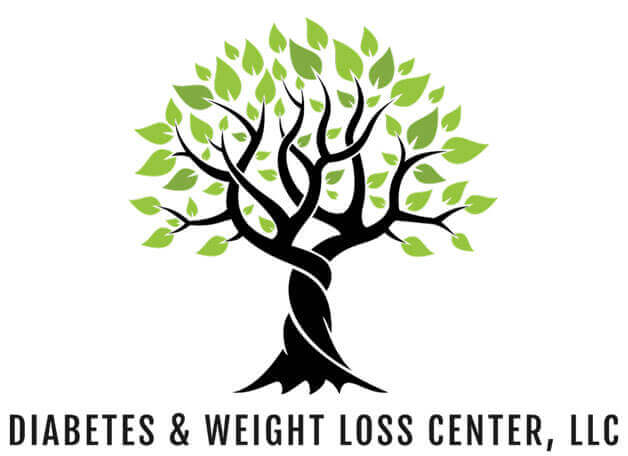Hypothyroidism happens when your thyroid gland does not make enough hormones to keep your body working as it should. This can lead to problems like feeling tired, gaining weight, feeling cold all the time, or having dry skin. Living with these symptoms can be tough, and figuring out the right treatments might seem confusing.
If you or someone you care about has it, it is vital to understand hypothyroidism management options. This article will walk you through those choices, helping you take steps to feel better and live a healthier life.
1. Thyroid Hormone Replacement Therapy
Thyroid hormone replacement therapy is the most common hypothyroidism treatment. It involves supplementing the body with synthetic or natural thyroid hormones to maintain normal levels.
Levothyroxine (Synthetic T4)
Levothyroxine is a common part of hypothyroidism management. It is a man-made version of a hormone called T4, which your thyroid gland naturally makes. This medicine helps bring your hormone levels back to normal. It eases symptoms like tiredness and improves your overall health.
You take levothyroxine as a daily pill. When the dose is right, it works just like your natural thyroid hormone and keeps your levels steady. Doctors decide the right dose based on things like your age, weight, and how severe your condition is. They will also consider any other health issues you might have.
Natural Desiccated Thyroid (NDT)
Natural Desiccated Thyroid (NDT) is another option for treating hypothyroidism. It is made from the thyroid glands of pigs and contains two hormones, T4 and T3, which your body needs. Some people who do not feel better with levothyroxine might find NDT helpful.
NDT is not prescribed as often because it is harder to standardize the dosage compared to other treatments. To make sure it works well for you, it is important to regularly see your doctor and get blood tests. This helps monitor your hormone levels and adjust the treatment if needed.
2. Dietary Modifications
Diet cannot replace thyroid hormone therapy. However, making healthy nutritional choices supports your overall well-being alongside your treatment.
Iodine
Iodine is an essential nutrient that helps the body make thyroid hormones. An inadequate intake can contribute to hypothyroidism. However, excessive iodine intake may also disrupt thyroid function, so moderation is key. Some of the most popular foods that are rich in iodine are:
- Iodized salt
- Seaweed
- Fish
- Dairy products like cottage cheese
Selenium
Selenium is another nutrient essential for thyroid health and hypothyroidism management. This trace mineral helps convert T4 into the more active T3 hormone. Some rich sources of selenium that you can include in your diet are:
- Brazil nuts
- Eggs
- Sunflower seeds
- Poultry
Limit Goitrogen Intake
Some foods, called goitrogens, can make it harder for your thyroid to use iodine. Raw veggies like broccoli, cauliflower, and Brussels sprouts have these compounds. However, cooking them reduces their effect. You do not have to avoid these foods — instead, eat them in moderation.
3. Regular Exercise
Regular exercise is a great way to support your treatment for hypothyroidism. It can help with tiredness, manage weight, and boost mood and energy levels.
Simple, low-impact activities like walking, yoga, or swimming are good choices. Start slow and increase the intensity over time so you do not push yourself too hard. Recovery can take longer with hypothyroidism. Therefore, be mindful, listen to your body, and take breaks as needed.
4. Stress Management Techniques
Managing stress is an important part of feeling better with hypothyroidism. Ongoing stress can cause your body to produce too much cortisol, a hormone that can affect your thyroid’s function. By managing stress, you may help your hormones stay more balanced and reduce symptoms.
Here are a few helpful stress management techniques.
Mindfulness Practices
Activities like meditation, deep breathing, or mindfulness exercises can calm your mind and body. These practices help you relax, lower stress levels, and feel more in control of your emotions.
Adequate Sleep
Getting enough quality sleep is key. When you do not sleep well, it can increase stress and leave you feeling even more tired during the day. Try to aim for 7-9 hours of restful sleep each night. Create a bedtime routine, like turning off screens early, to help your body wind down.
5. Ongoing Monitoring and Adjustments
The treatments for hypothyroidism are not going to be one-size-fits-all. Every case of hypothyroidism will be unique, such as having different causes or variations in symptoms. This means that the treatment you receive will be tailored to you and your needs.
Regular monitoring of thyroid hormone levels and communication with a provider are critical. During follow-ups, your provider may adjust the dosage of levothyroxine or other medications. Guidelines may differ for pregnant women, older adults, or those with coexisting conditions. Regular check-ins ensure treatment remains tailored to your unique needs.
Personalized Hypothyroidism Management in Oviedo, FL
Hypothyroidism management can feel challenging. However, the right treatment and healthy habits can make a big difference. Hormone therapy, a balanced diet, regular exercise, and stress management are all vital.
At Diabetes & Weight Loss Center, you can trust our very own Adriel Perez, DNP, A-APRN, FNP-C. He specializes in helping patients understand and manage their thyroid health. Your well-being comes first, and we are here to support you every step of the way.
For more information, call us today at (407) 890-1876. Take the first step towards better hypothyroidism management by scheduling a consultation using our appointment request form.
We look forward to serving you!


